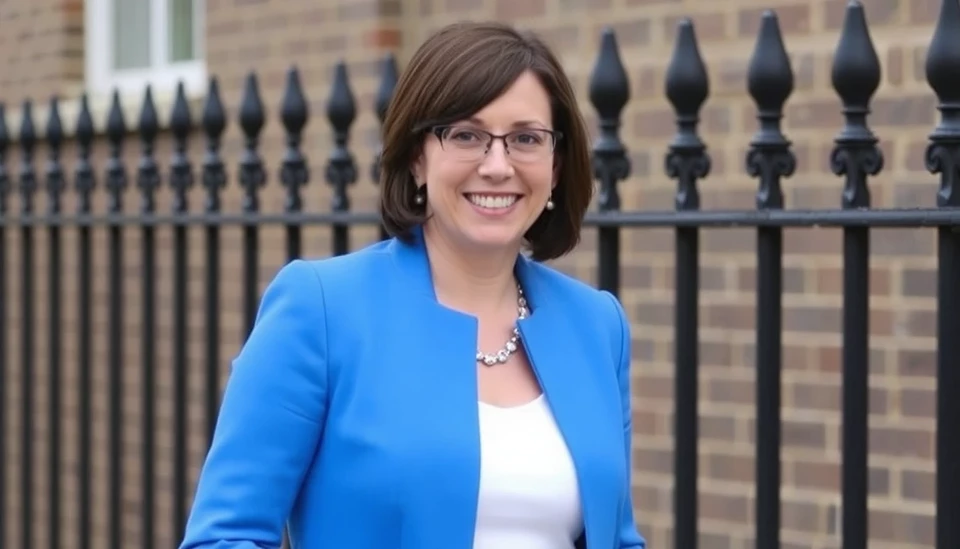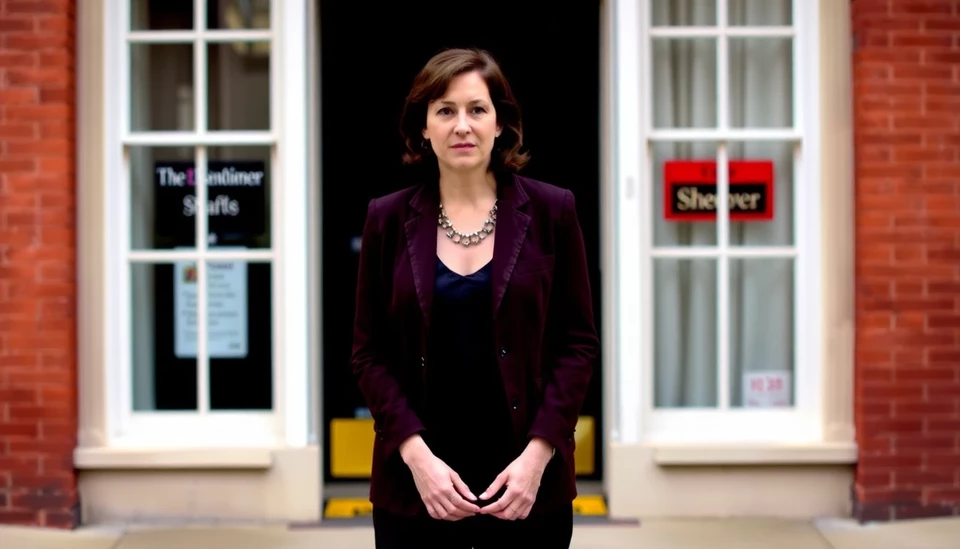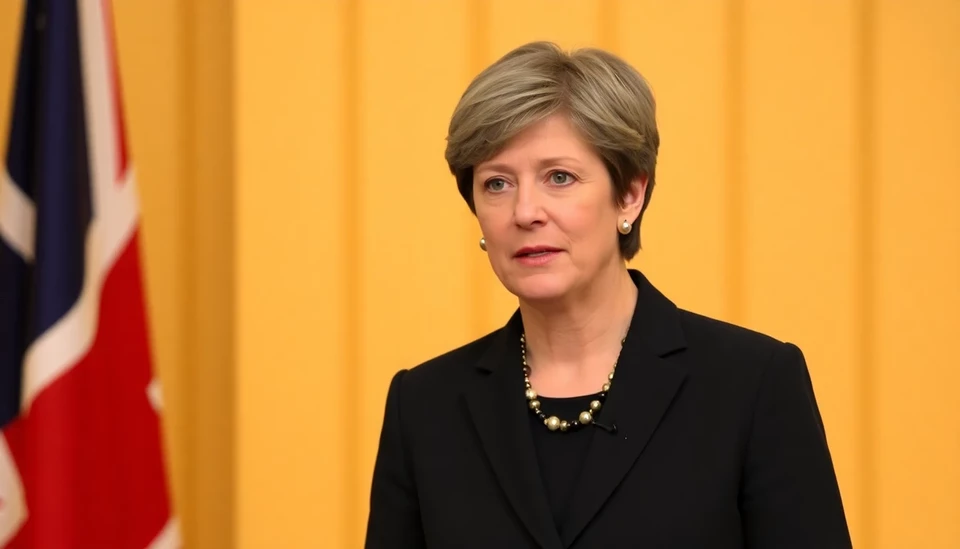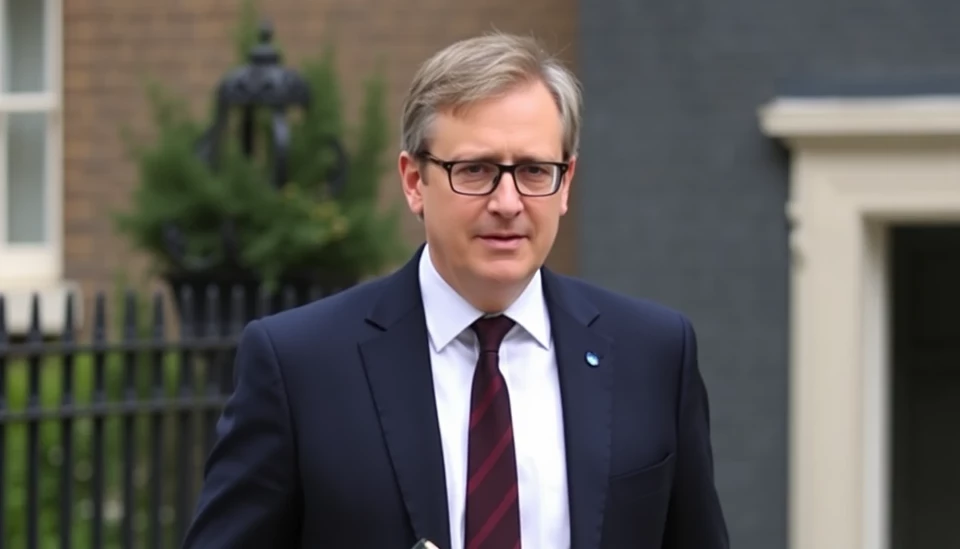
In a time of increasing economic uncertainty, UK shadow chancellor Rachel Reeves is gearing up for a crucial Spring Statement that may be determined by fiscal constraints of her own making. As financial pressures mount, the Labour Party recognizes the necessity for a comprehensive strategy to reassure the public and investors regarding Britain’s economic stability.
Reeves is set to present the party's financial blueprint in a highly anticipated address, slated just days before the government releases its own budget projections. The task ahead is complex, as she aims to address concerns about the rising cost of living and potential budget deficits that have plagued the economy recently. This situation has necessitated a delicate balance between fiscal responsibility and the need for significant investment in public services.
The stakes are high. With inflation remaining stubbornly elevated and growth predictions taking a downturn, Reeves’ approach in the upcoming statement will be watched closely. Analysts suggest that the statement must provide clear, actionable solutions aimed at mitigating the effects of current economic challenges while laying the groundwork for sustainable growth.
One of the key topics Reeves is expected to tackle involves the Labour Party’s stance on public spending and taxation. The party has faced criticism for its past commitments, which some analysts argue may have contributed to the current economic climate. Nevertheless, Reeves is likely to advocate for a structured plan that emphasizes investment in vital sectors such as healthcare, education, and infrastructure, which she asserts are crucial for long-term economic health.
Reeves has signaled that her strategy will be grounded in the belief that responsible governance involves investing in the country’s economic resilience. This includes revisiting previous fiscal strategies and making adjustments where necessary to avoid exacerbating the existing budgetary challenges.
Additionally, Reeves’ response to the Spring Statement must address the concerns of voters who are increasingly cognizant of their economic wellbeing. Ensuring that families can cope with rising costs while promising substantial advancements in public services will require not only innovative thinking but also effective communication of the Labour Party's vision for the country's economic future.
As the Spring Statement approaches, the pressure mounts on Rachel Reeves to deliver a compelling and coherent economic narrative that resonates with both the public and economic observers. Her ability to navigate these turbulent economic waters will significantly influence the Labour Party’s prospects ahead of upcoming elections, as party members and supporters look to her for direction and assurance.
In conclusion, what Rachel Reeves accomplishes in her Spring Statement may very well mark a pivotal moment for both the current political landscape and the economic future of the UK.
#RachelReeves #SpringStatement #UKEconomy #LabourParty #FiscalPolicy #EconomicChallenges #PublicSpending
Author: Laura Mitchell




